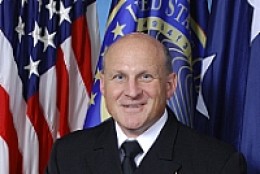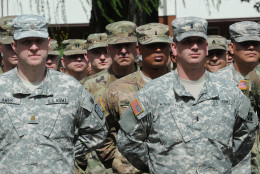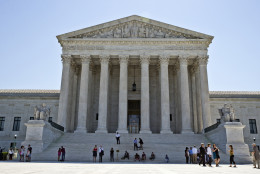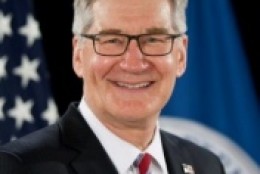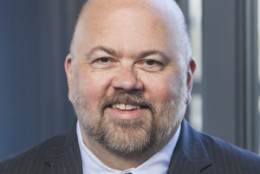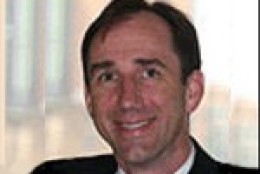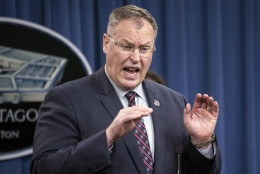Hiring/Retention
-
Ten months after Defense Secretary Ash Carter sanctioned Lean In Circles for DoD agencies, women are using the circles to fight gender bias.
July 05, 2016 -
As deadlines come and go, OPM answered some frequently asked questions about an executive order, signed in 2015, that mandated reforms to the Senior Executive Service.
June 30, 2016 -
The Senate confirmed a new head of the Navy's Fleet Cyber Command and new chief of staff of the Air Force.
June 30, 2016 -
The Bipartisan Policy Center is forming a task force to tackle the tough military personnel issues.
June 29, 2016 -
The Supreme Court granted the Justice Department a writ of certiorari, meaning DoJ can argue its case on presidential appointments next year.
June 28, 2016 -
As part of Federal News Radio's special report, What Millennials Really Want from Federal Service, 61 percent of federal employees under age 35 say they feel they're perceived or treated differently because of their age. These perceptions have some positive — many negative — impacts on their experiences in the federal workforce.
June 28, 2016 -
A Federal News Radio survey found the majority of federal employees under the age of 35 indicated an interest in staying in federal service. Many millennials said their passion for public service and their agencies' missions were the main drivers behind their decision to stay in government.
June 27, 2016 -
Though a majority of federal employees under the age of 35 indicated their interest in staying within the federal government, many millennials said their decision depends on several different factors. Of the 39 percent of millennials who said they planned to leave government, the majority said they anticipated leaving within one-to-three years.
June 27, 2016 -
Burdened by student debt, the youngest federal employees are entering the workforce later than their predecessors. As part of a Federal News Radio special report, What Millennials Really Want from Federal Service, most young employees said they'd prefer to stay in government, as long as they have opportunities to develop their skills, careers and benefits.
June 27, 2016 -
Leaders at the Homeland Security Department say they need industry's help to meet agency mission, and modernize the department's acquisition and cybersecurity efforts.
June 24, 2016 -
Army Chief of Staff Mark Milley wants brigades that can pivot from training U.S. partners to training new recruits in a catastrophic situation.
June 23, 2016 -
Veteran preference is in the news again, with new legislation proposing new limits. Former Homeland Security Chief Human Capital Officer Jeff Neal says that's a big deal, becausey veteran preference is a kind of third rail of civil service reform.
June 23, 2016 -
Roughly 85 percent of current Senior Executive Service members are eligible to retire within the next 10 years. And about half can retire within the next president's first term in office. But as the administration looks to agency career leaders to steer the upcoming presidential transition, 55 percent of GS-14s and GS-15s say they're not interested in joining the SES.
June 22, 2016 -
Most of the attention focused on the Veterans Affairs Department in the last couple of years has had to do with firing people. Giving VA more flexibility to demote or get rid of people who perform poorly. But now a bill looks at something a little more positive: how to recruit and hire top talent at VA. Tim McManus, the vice president for education at the Partnership for Public Service has studied the bill, and joins Federal Drive with Tom Temin with analysis of H.R. 5526.
June 22, 2016 -
Commands and agencies throughout the Defense Department have identified the precise civilian jobs they intend to eliminate or restructure under a Pentagon initiative to cut back layers of administration.
June 21, 2016



